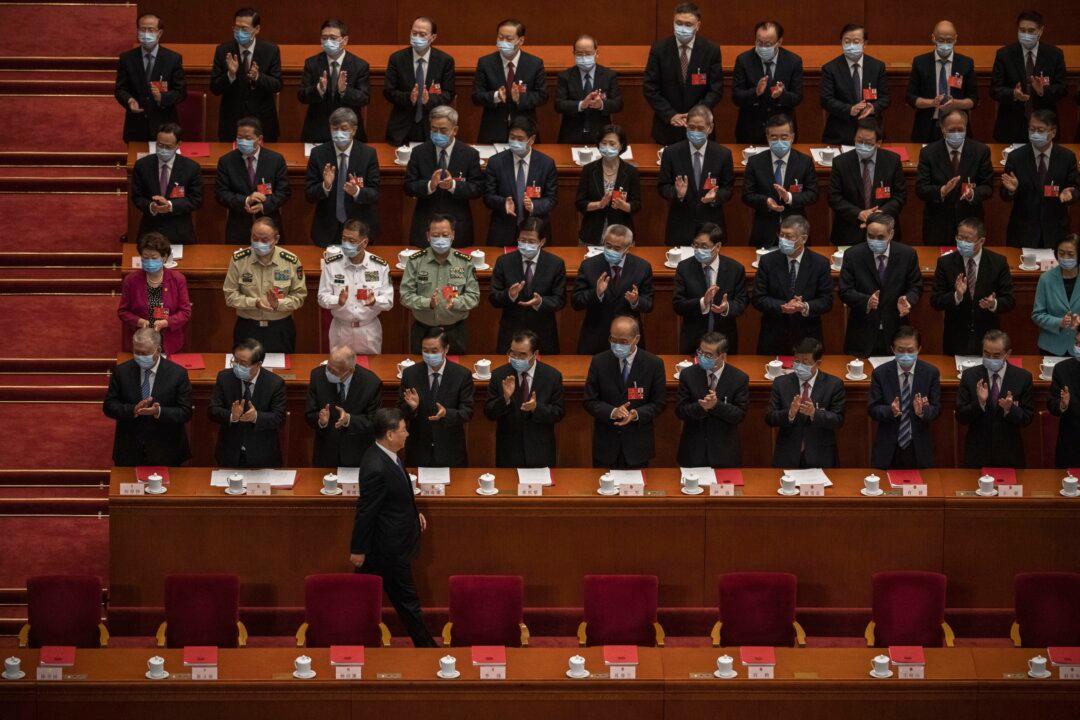Chinese leader Xi Jinping and other senior officials haven’t appeared in public for several days, while police in the northern resort town of Beidaihe recently began tightening security, leading observers to predict that the Chinese Communist Party’s annual secret conclave will soon take place.
Chinese petitioners who appeal for authorities to hear their grievances were also recently detained in the area. Ahead of important political meetings, police typically suppress dissent.





